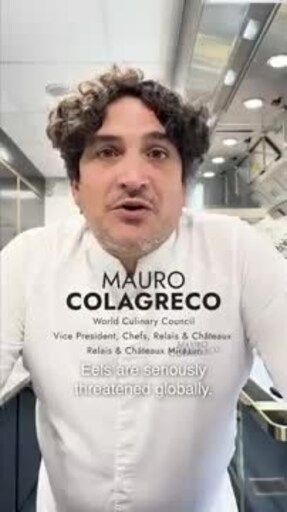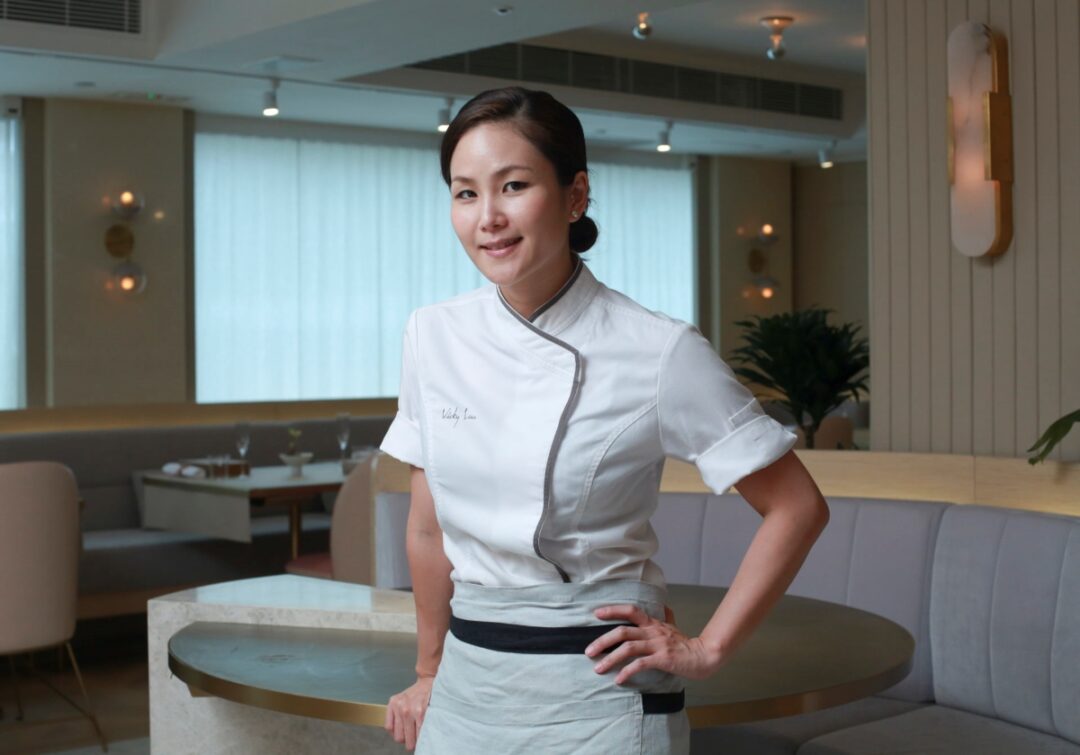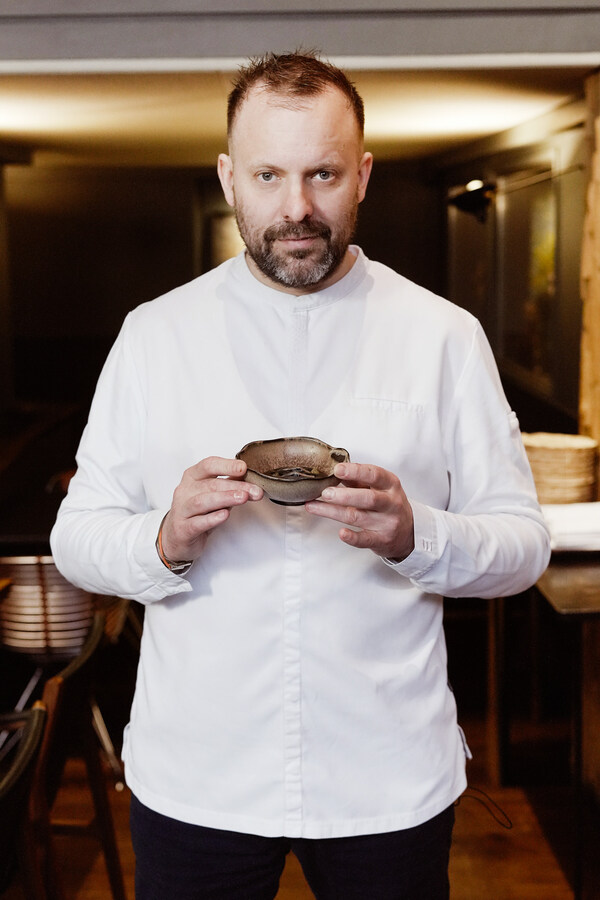ambitious goal: eliminating all Red List species
Relais & Châteaux empowers its chefs
According to the FAO – Food & Agricultural Organisation of the United Nations, 35.4% of marine resources are overfished; illegal fishing accounts for 20% of global catch (11 to 26 million tons per year); and 35% of the catch is rejected and released, often killing the animals before they are even eaten.
Relais & Châteaux recently celebrated World Oceans Day [on June 8th] with the #SOSforBiodiversity collective appeal for the ninth consecutive year. To raise awareness of this issue, Relais & Châteaux highlighted the efforts of four chefs who embody this initiative by removing overexploited species, such as eel, and selecting sustainable seafood from their menus.
Relais & Châteaux, established in 1954, is an association of 580 unique hotels & restaurants throughout the world, owned & operated by independent entrepreneurs – most often families. At the end of 2023, the association joined Ethic Ocean’s #EelNoThankYou campaign, mobilising its chefs around the world to save endangered eel species.
Ethic Ocean is a non-governmental environmental organization dedicated to the conservation of fisheries & marine ecosystems. The NGO works with all stakeholders to help them source species having stocks that are not overfished or which have been farmed responsibly.
The Vice President, Chefs of Relais & Châteaux, Mauro Colagreco [Mirazur, Menton, France], stated: “We can have a major impact on global culinary culture as an association.” Guests need to be served species that are not overfished, or that have been farmed responsibly with regard to the environment, animals, and people involved.”

Setting the tone with chefs
Relais & Châteaux Akelarre’s Pedro Subijana [San Sebastian, Spain] & World Culinary Council member: “Typical Spanish dishes, like those made with elvers [juvenile eels], are an integral part of our culture and heritage. Traditions must be balanced with responsibility. We must all take a moment to pause serving and eating eel to preserve it for future generations.”
Hong Kong’s Vicky Lau of Relais & Châteaux Tate Dining Room & a member of the Relais & Châteaux World Culinary Council said, “Many people think farmed eels are different from wild eels, but wild juvenile eels are caught for farming.” This type of aquaculture cannot be considered sustainable because the eels all over the world are in critical condition.”

“Our iconic dish, eel, has been replaced with smoked herring since we opened the restaurant in 2013,” according to David Toutain of Relais & Châteaux Restaurant David Toutain [Paris, France]. We need to be aware of the causes of the European eel’s decline in order to take action.”

Relais & Châteaux Providence [Los Angeles, California, USA]: “We have served eel on the menu at Providence occasionally, but since we are a member of Relais & Châteaux and understand the importance of protecting endangered species, we signed the pledge to stop serving them. Almost everywhere in the world, wild harvested eels are red listed.”
Using Ethic Ocean, Relais & Châteaux has empowered its chefs to verify that their seafood choices are responsibly sourced. These commitments go beyond eel to cover all aquatic species, whether wild or farmed.
Picture Source: Relais et Chateaux|Getty Images